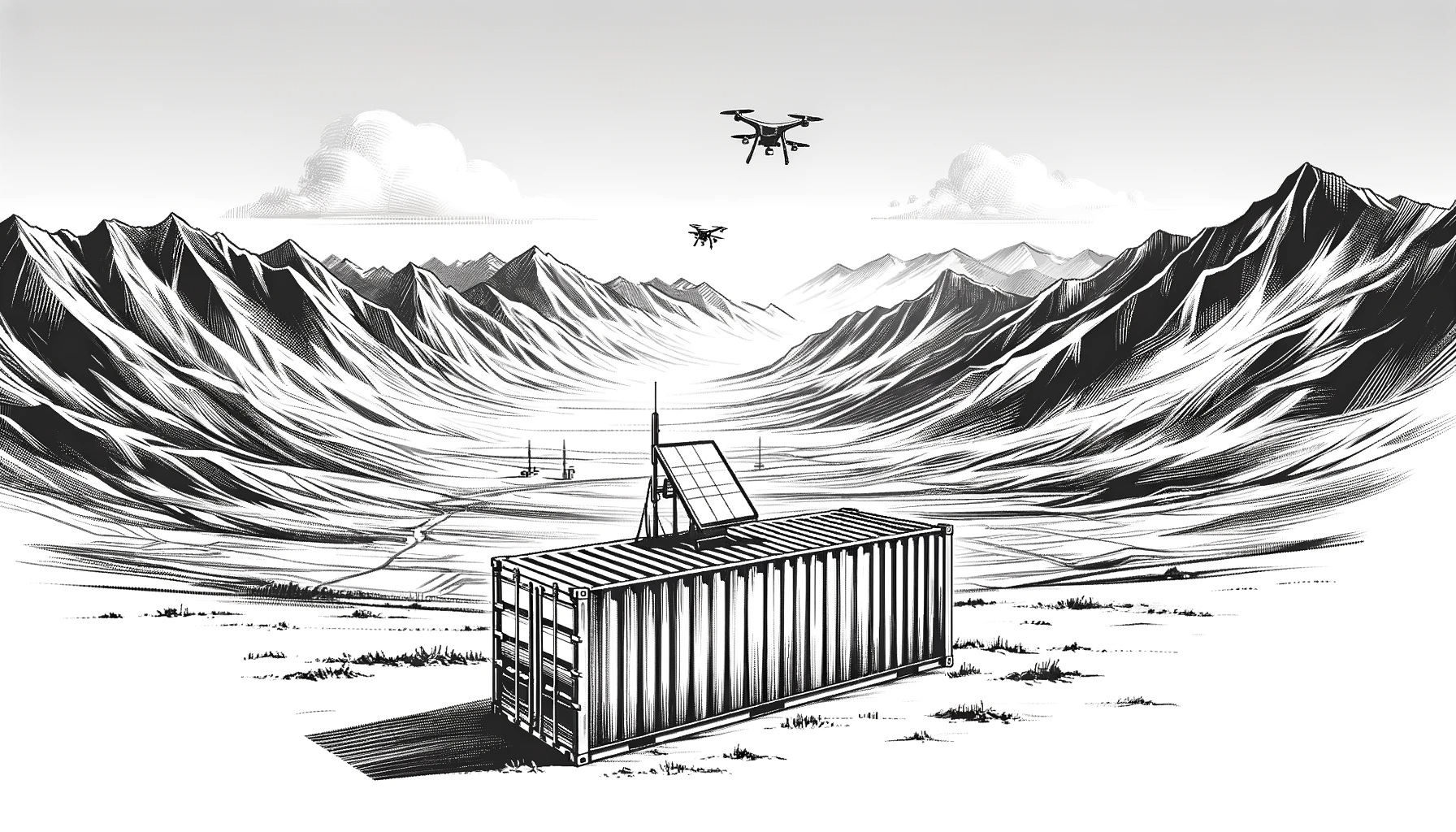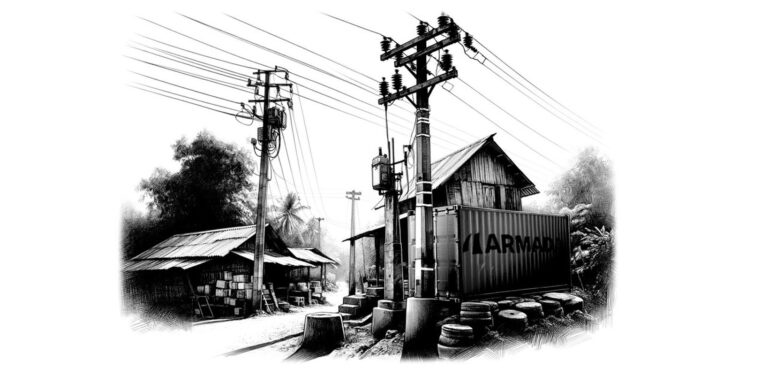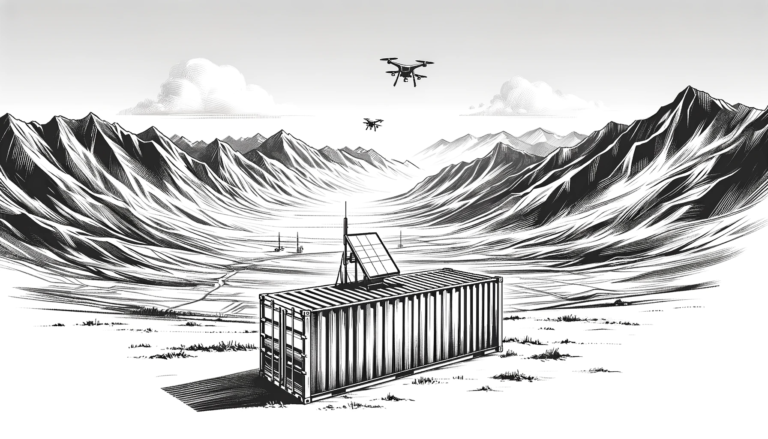At the heart of military strategy, as Army Brigadier General Stephanie Howard, the commanding general of the U.S. Army Reserve Sustainment Command, has stated, lies the power of logistics. “One way to avoid war,” she states, “is by being so prepared to prevail on the logistics front that the enemy recognizes the folly of aggression.” This principle is a guiding star for us at Armada, where we believe that the intensity of our preparations in peace is directly proportional to our strength in war. Our mission centers on engineering a global network marked by resilient connectivity, immediate sensing, robust computing power, and advanced multimodal AI capabilities. This network stands ready to counter threats swiftly, endure disruptions, and establish a pervasive, ever-prepared information-processing web.
Consider the formidable challenge posed by Explosive Remnants of War (ERW), an umbrella term encompassing landmines, unexploded ordnance, and other lethal devices. The global scale of this issue is profoundly distressing, with the United Nations reporting an estimated 100 million unexploded landmines scattered across the world. In Ukraine alone, an area exceeding 67,000 square miles, larger than the state of Florida, is riddled with these hidden dangers. Armada is actively engaged in developing a comprehensive perception platform that seamlessly integrates sensing, networking, and high-performance computing capabilities, making it an ideal choice for deploying landmine detection applications. Our strategic partnership with hyperspectral imaging providers enhances our capability to identify hazardous materials from a distance, promising revolutionary advancements in safety, scalability, and efficacy in mine detection. Hyperspectral imaging involves the capture and processing of electromagnetic spectrum data, with each object possessing a unique spectral signature. This technology proves invaluable in material identification from a distance. However, the computational and sensing-bandwidth demands of hyperspectral applications are substantial, and Armada’s high-performance computing platform is ideally suited for deploying them at the edge, even in remote locales, ensuring near-real-time functionality.
Landmines, emitting distinct chemical signatures such as explosives or metal components, significantly alter soil properties and impact the health of vegetation above them. Hyperspectral sensors excel in detecting these changes by identifying anomalies in the spectral signatures of soil and vegetation. Leveraging hyperspectral imaging through drones and other airborne platforms facilitates the scanning of extensive areas, simplifying landmine detection and the assessment of minefield depth and density. Armada’s Galleons are designed to provide the networking and computing horsepower required to gather and process hyperspectral data using drones and other mobile platforms in remote areas.
We aim to rapidly establish and scale reliable communications across the world’s remotest battlefields. By harnessing the capabilities of mesh networks, we can craft a self-sustaining web of nodes that not only transmit but also relay signals, dramatically extending operational reach without relying on centralized infrastructure. Armada’s Galleons can function effectively as nodes for constructing such a mesh network. Deploying Galleons and UAVs as repeaters seamlessly bridges communication gaps, ensuring secure and uninterrupted connectivity between distant units. Coordinating UAVs from Galleons can prove exceptionally valuable in maintaining line-of-sight communications across challenging terrains.
In the realm of aerial operations, we are tackling the challenge of UAV swarms head-on. Through partnerships with leading providers of Directed Energy Weapons (DEWs), advanced radar, infrared and acoustic-based detection systems, as well as communications and navigation jamming, and high-power RF systems, Armada can offer the computational power and secure networks needed to integrate and deploy these cutting-edge solutions for counter-UAS operations, even in the world’s most isolated regions. But perhaps our most revolutionary stride lies in the AI that breathes life into our network. This intelligence is not merely reactive — it aims to anticipate, identify, classify, and neutralize threats with prescient accuracy. Our AI applications can foresee swarm movement patterns and generate strategies to counteract them, ensuring our defenses are always two steps ahead.
In an era where the line between peace and war is increasingly blurred, we must not only respond to the call of duty but also anticipate it. With international tension and conflict continuing to grow across the globe, now is the time to mobilize and deploy these technologies to ensure that peace is not fleeting but enduring. While the concept of war remains abstract, we must prepare now to create a safer and peaceful world.





